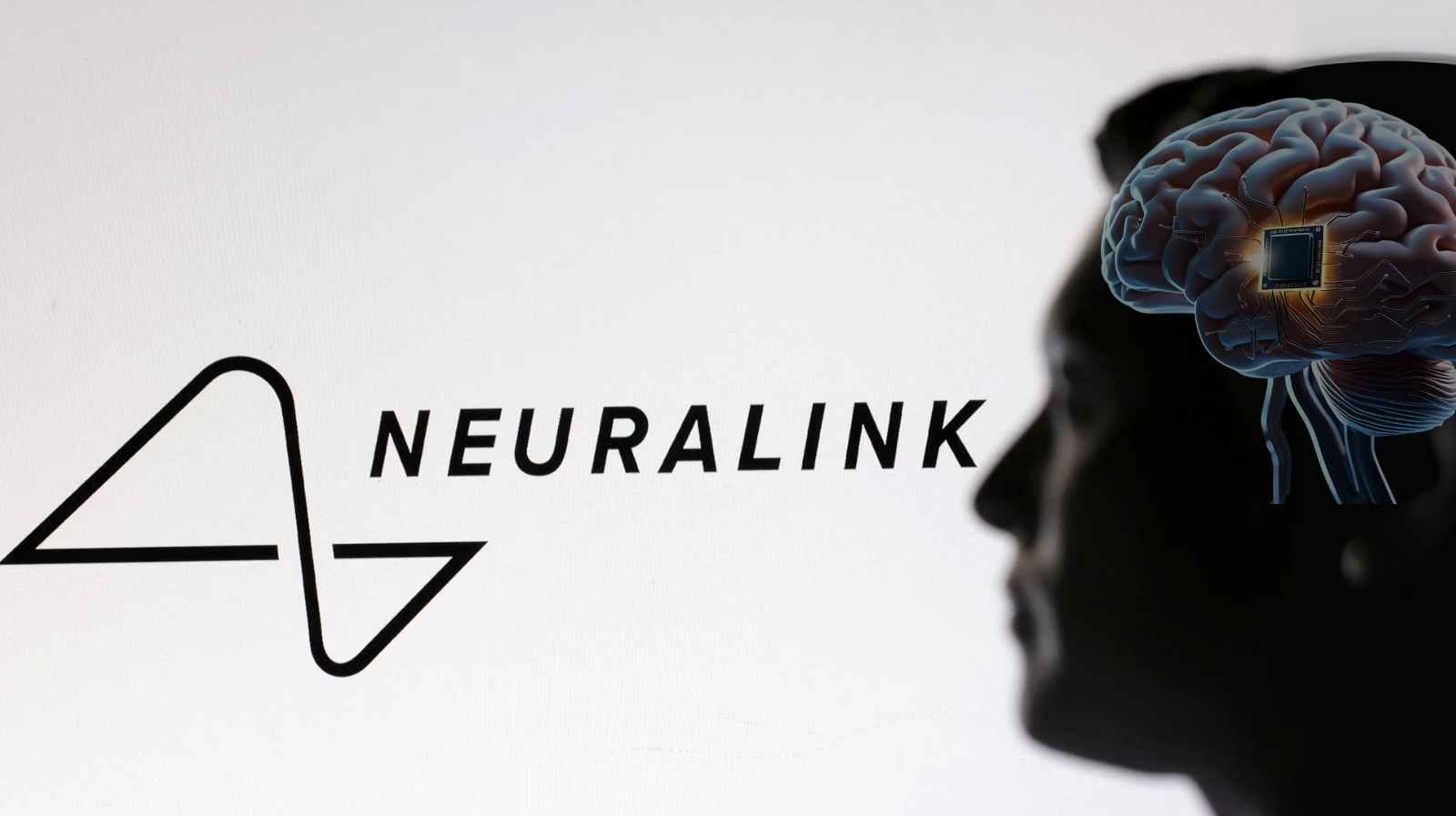Neuralink’s Brain Implants Breakthrough: A New Era for Neurotechnology
Neuralink’s successful brain implant surgeries mark a historic milestone in neurotechnology, offering hope for treating neurological disorders and sparking interest in India’s healthcare and tech sectors.

Highlights
- Neuralink completes two successful brain implant surgeries, advancing brain-computer interface technology.
- The implants could restore mobility and treat disorders, with potential applications in India’s healthcare system.
- Ethical concerns around privacy and access highlight the need for robust regulatory frameworks.
Neuralink, the brain-computer interface company founded by Elon Musk, has achieved a groundbreaking milestone by successfully completing two brain implant surgeries in a single day. This development, reported widely in Indian media, signals a new era for neurotechnology, with potential to transform healthcare, human-computer interaction, and even cognitive enhancement. As India watches closely, this breakthrough could inspire local innovation in medical technology.
Understanding Neuralink’s Mission
What Are Brain-Computer Interfaces?
Neuralink is pioneering brain-computer interfaces (BCIs), devices that connect the human brain directly to computers. These implants, consisting of ultra-fine electrodes, can record and stimulate neural activity, enabling communication between the brain and external devices. The goal is to address neurological conditions, such as paralysis or epilepsy, and potentially enhance human capabilities in the future.
The Vision Behind Neuralink
Elon Musk envisions Neuralink as a tool to merge human intelligence with artificial intelligence, ensuring humanity remains competitive in an AI-driven world. While this long-term vision is ambitious, the immediate focus is on medical applications, offering hope to millions with debilitating neurological conditions.
Details of the Breakthrough
Successful Surgeries
The recent surgeries involved implanting Neuralink’s latest device, a compact and advanced version of its earlier prototypes, into two patients with severe neurological impairments. Performed with precision, the procedures were completed without complications, and early reports indicate the implants are functioning as intended, detecting and transmitting neural signals effectively.
How the Technology Works
The Neuralink implant, roughly the size of a coin, is embedded in the skull and connected to thousands of electrodes that penetrate the brain’s surface. These electrodes capture neural activity and transmit it to a computer, which can interpret the signals to control devices like smartphones or prosthetics. The device also has the potential to stimulate brain activity, offering therapeutic benefits.
Potential Applications
Revolutionizing Healthcare
Neuralink’s technology could transform the treatment of neurological disorders. Key applications include:
-
Restoring Mobility: Enabling paralyzed individuals to control prosthetic limbs or wheelchairs using their thoughts.
-
Treating Disorders: Managing conditions like Parkinson’s disease or epilepsy through targeted brain stimulation.
-
Cognitive Enhancement: Potentially improving memory or learning speed, though this remains a distant goal.
These advancements could significantly improve the quality of life for millions worldwide, including in India, where neurological disorders affect a substantial portion of the population.
Inspiring Indian Research
Indian healthcare professionals and researchers are closely monitoring Neuralink’s progress. With India’s growing focus on medical technology, institutions like AIIMS and private startups could draw inspiration to develop localized solutions for neurological care, potentially in collaboration with global innovators like Neuralink.
Challenges and Ethical Concerns
Safety and Scalability
While the surgeries mark a significant achievement, challenges remain. Ensuring the long-term safety of implants, scaling production, and making the technology affordable are critical hurdles. Neuralink must also address concerns about the durability of implants and their compatibility with the human body over extended periods.
Ethical Dilemmas
The ability to interface directly with the brain raises ethical questions, such as:
-
Privacy: Who owns and controls brain data generated by the implants?
-
Access: Will this technology be accessible only to the wealthy, exacerbating inequality?
-
Misuse: Could BCIs be used for non-medical purposes, such as surveillance or manipulation?
In India, regulatory bodies like the Indian Council of Medical Research (ICMR) will need to establish guidelines to ensure ethical implementation of such technologies.
India’s Stake in Neurotechnology
Growing Interest in Indian Media
Indian media outlets, including India Today and The Indian Express, have highlighted Neuralink’s milestone, emphasizing its potential to address neurological challenges. With India’s large population and increasing burden of neurological disorders, the technology could have a profound impact if adapted to local needs.
Opportunities for Collaboration
India’s thriving tech ecosystem, combined with its expertise in AI and medical research, positions it as a potential hub for neurotechnology innovation. Partnerships between Indian institutions and global players like Neuralink could accelerate the development of affordable BCIs tailored for the Indian market.
The Road Ahead
Neuralink plans to conduct further trials to refine its technology and expand its applications. The company is also working on improving the surgical process, using robotic systems to enhance precision and reduce invasiveness. As these advancements progress, the global and Indian healthcare sectors eagerly await the next steps.
Conclusion
Neuralink’s successful brain implant surgeries are a historic milestone, opening new possibilities for treating neurological conditions and enhancing human capabilities. For India, this breakthrough offers both inspiration and a challenge to invest in cutting-edge research and ethical frameworks. As neurotechnology evolves, it could redefine healthcare and human potential, with India poised to play a significant role.
